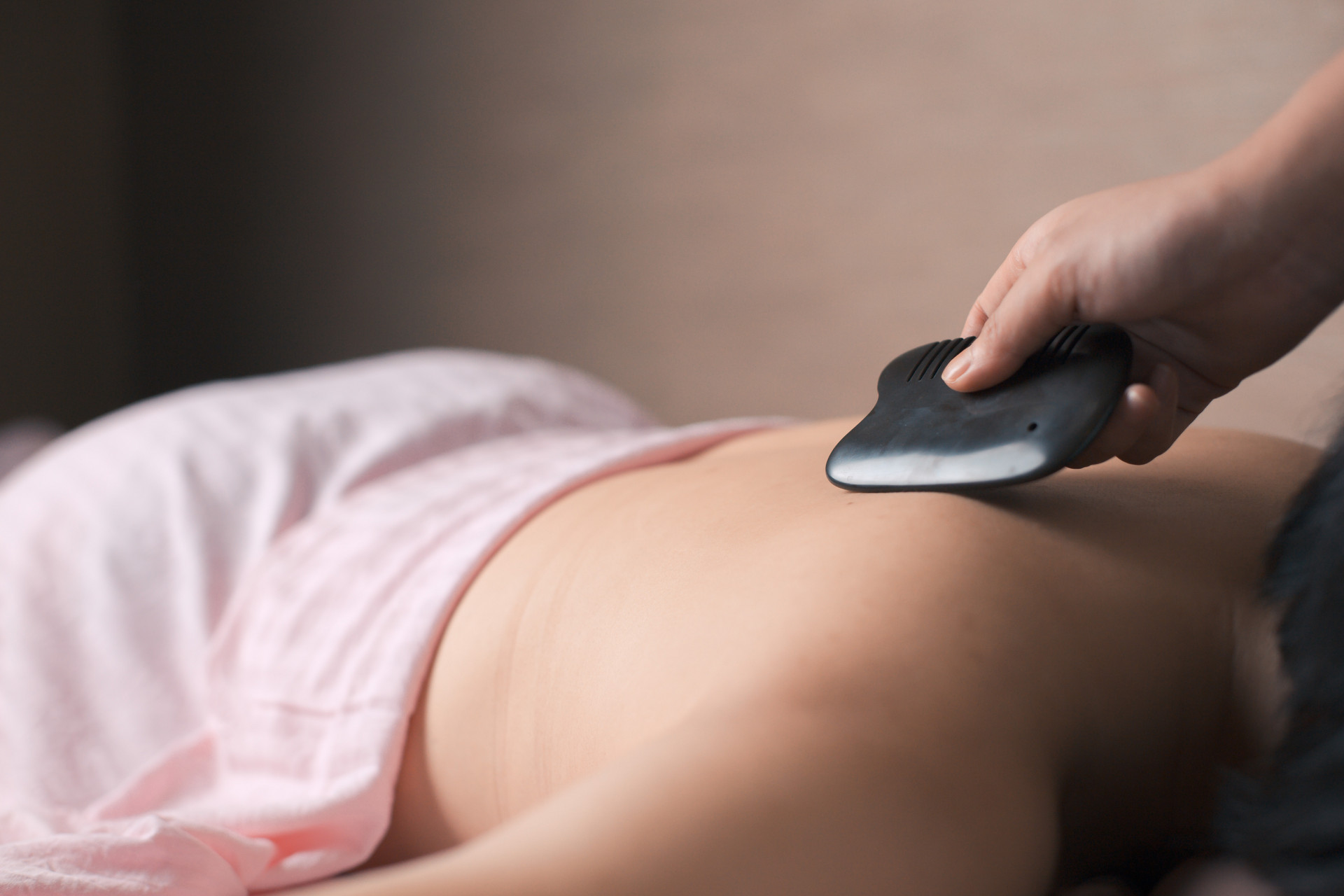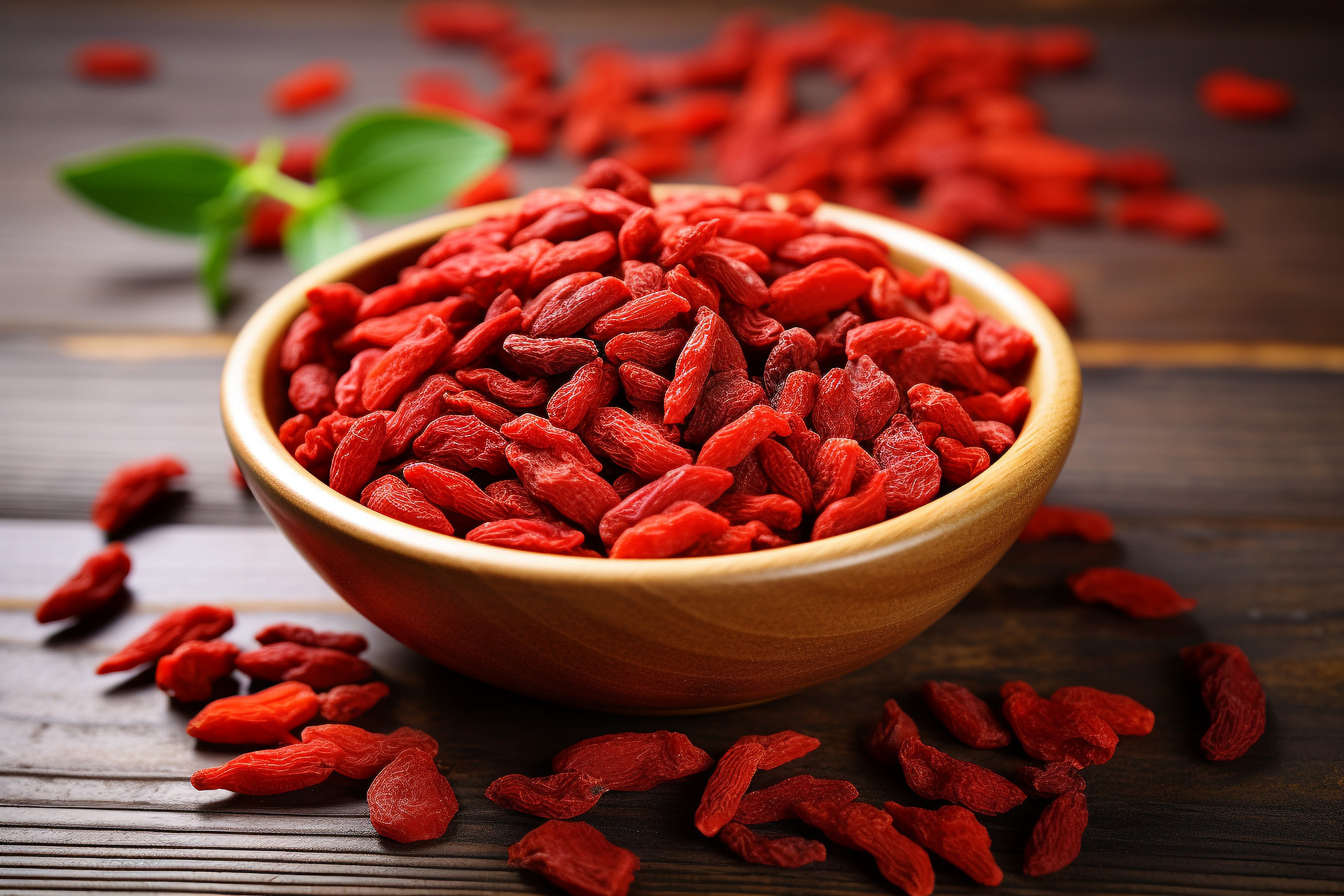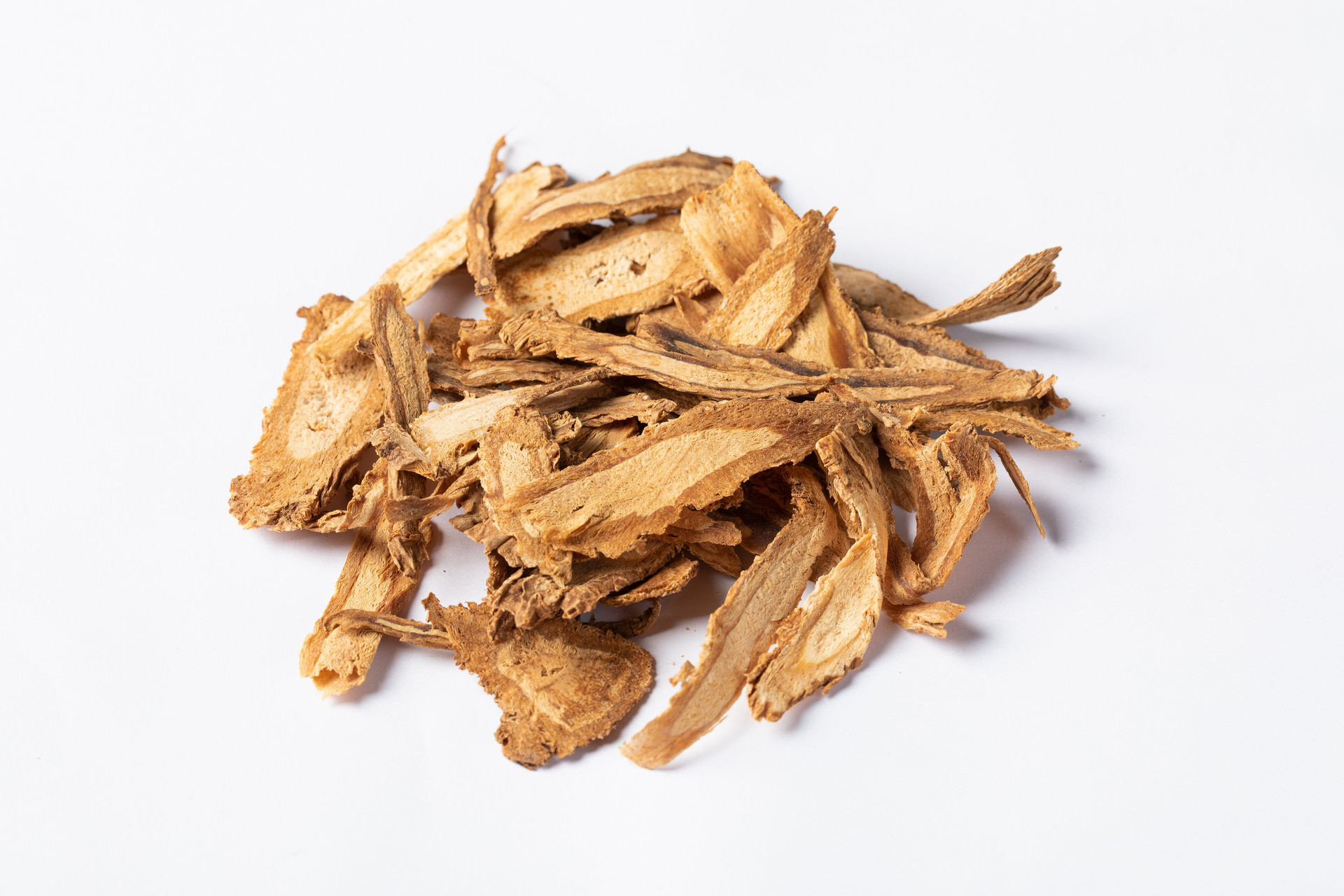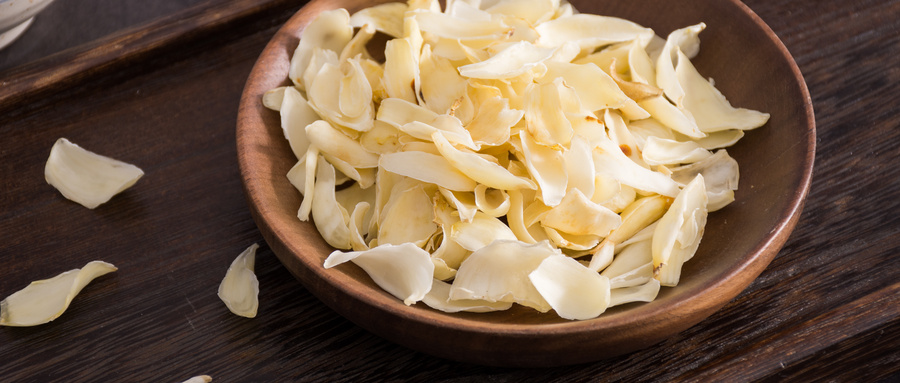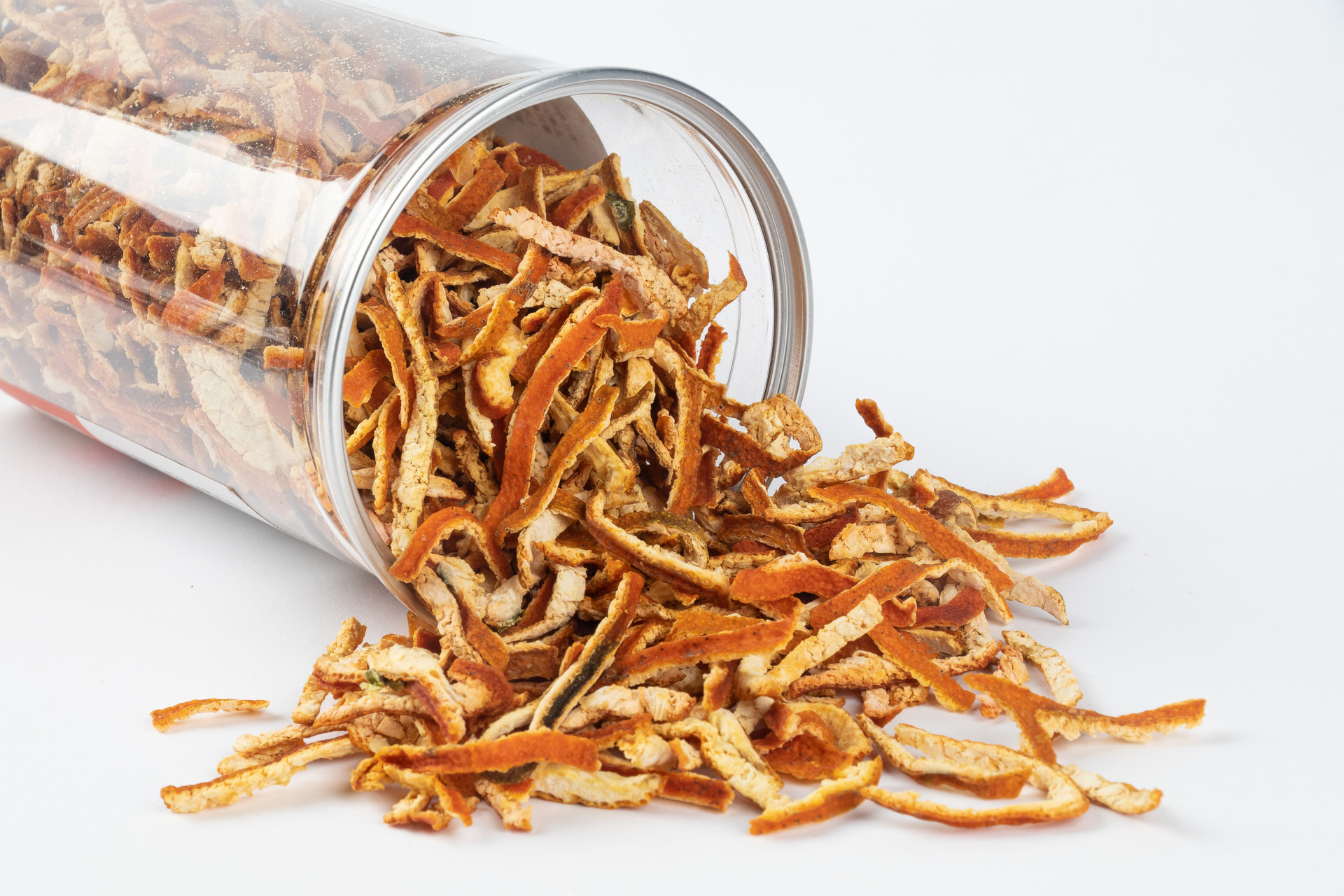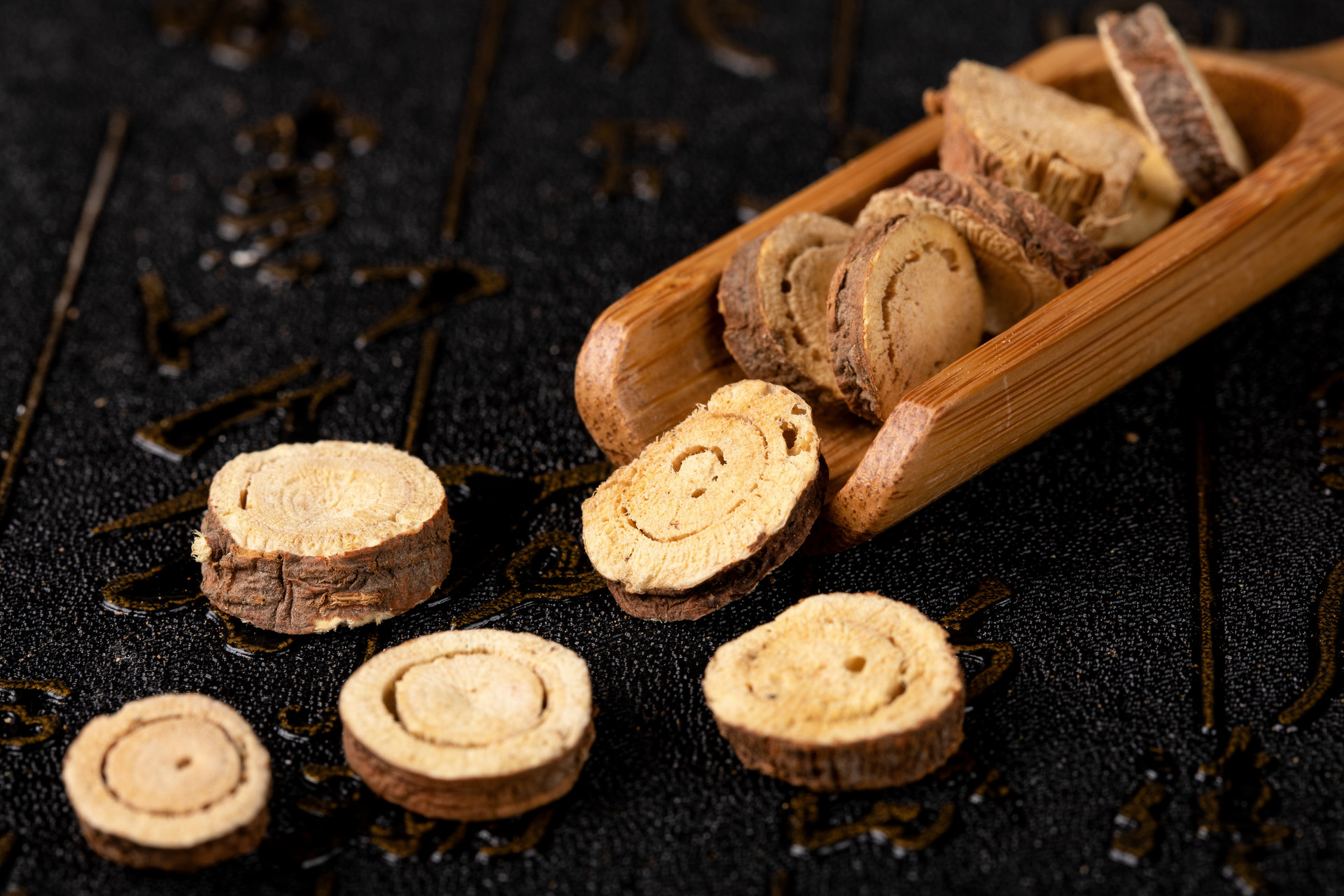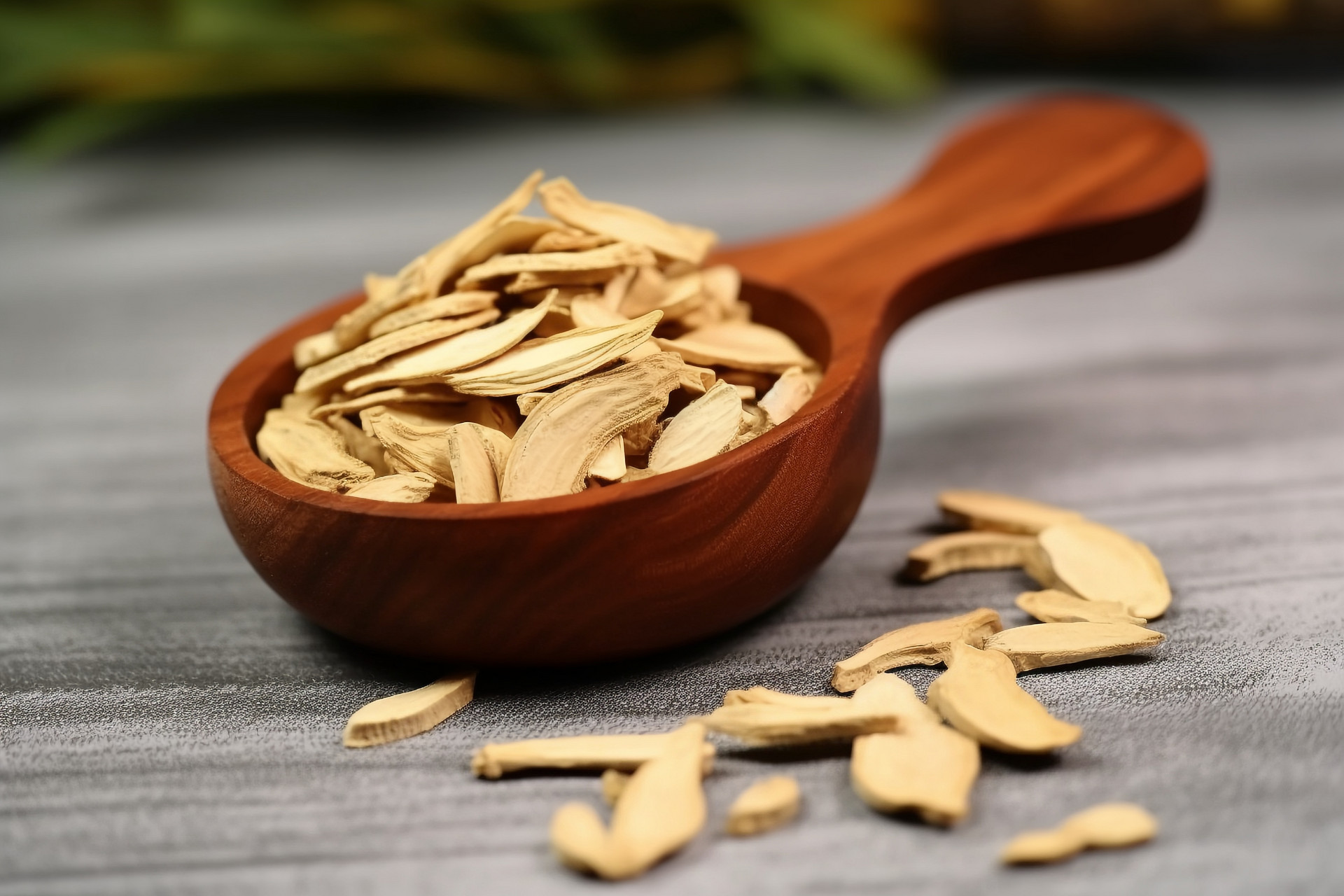Prunella vulgaris, also known as ironweed, lantern flower, or summer orange head, is a dried fruit spike of the plant Prunella vulgaris L., a member of the Lamiaceae family. It is mentioned in the "Shen Nong's Herbal Classic." The ripe fruit spike, which is reddish-brown in color, is harvested, cleaned, and dried.
【Processing Method】According to the book "Huo You Xin Shu": "Remove the stem." According to the book "Ren Shu Bian Lan": "Remove the root soil and wash it clean." Currently, the original medicinal material is taken, impurities and residual stems or leaves are removed, and ash debris is sifted out. Longer spikes are cut into sections.
【Appearance of Prepared Pieces】It is cylindrical in shape, slightly flattened, and the whole spike is composed of dozens of calyces and bracts. The flower spike is light brown or reddish-brown, with a few short stems at the base. Most of the corollas have fallen off. The fruit is oval-shaped, brownish, with pointed protrusions at the tip, and glossy. It has a crisp texture and is light in weight. It has a mild aroma and a mild taste.
【Quality Requirements】The total ash content should not exceed 12.0%.
【Processing Effects】Prunella vulgaris has a bitter and pungent taste and a cold nature. It belongs to the liver and gallbladder meridians. It has the functions of clearing heat, improving vision, dispersing stagnation, and reducing swelling. It is used for red and swollen eyes, night pain in the eyeballs, headaches, dizziness, tinnitus, scrofula, goiter, breast abscess, carbuncles, swollen infections, thyroid enlargement, lymph node tuberculosis, breast hyperplasia, hypertension, and other conditions. For example, it is used in the treatment of liver deficiency with painful eyes, incessant tearing, and pain in tendons and meridians, as well as eye discomfort, sensitivity to light, and fear of wind, with the liver-nourishing dispersing powder (from "Brief Summary of Medicinal Formulas for the Benefit of All" ); it is used in the treatment of hypertension with the San Cao Lian Ming Tang (from "Journal of Beijing University of Traditional Chinese Medicine," 1989). Prunella vulgaris is commonly used in clinical practice and can be cleaned after processing, making it easier to formulate and prepare.



